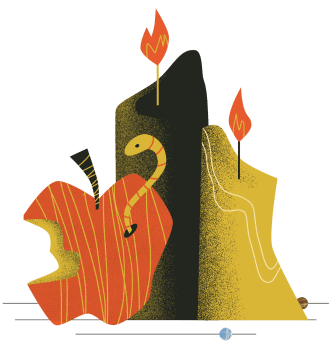Death is universal and inevitable. Unless you have some secret immortality formula you haven’t shared, every one of us will die. We believe our deaths should be supported—financially, emotionally, and culturally—in ways our modern culture and death services often fail to do.
Why Should I Care?
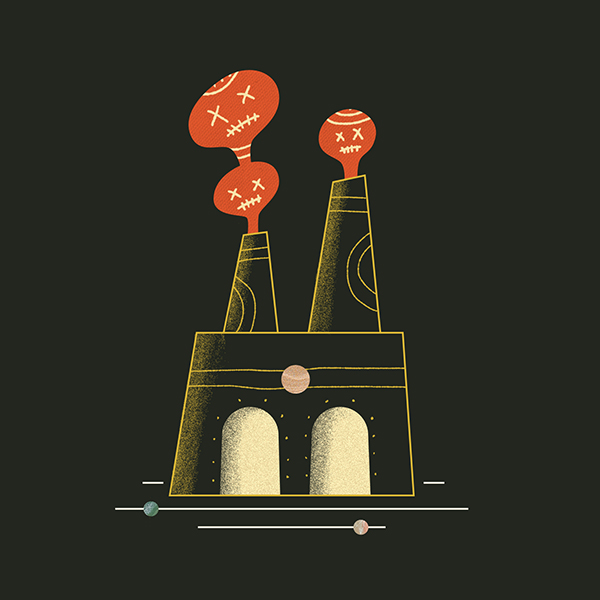
Environmental
Modern death practices are unsustainable. They create deforestation, carbon emissions, and toxic byproducts. A modern funeral starts with formaldehyde embalming, a preservative process that can be unnecessary. Bodies are then placed in caskets, produced using 20 million board feet of hardwood and 64,500 tons of steel each year. Cremation is a less expensive alternative, but still consumes as much energy as a 500 mile car trip and emits pollutants like mercury, carbon monoxide, and sulfur dioxide into our air.
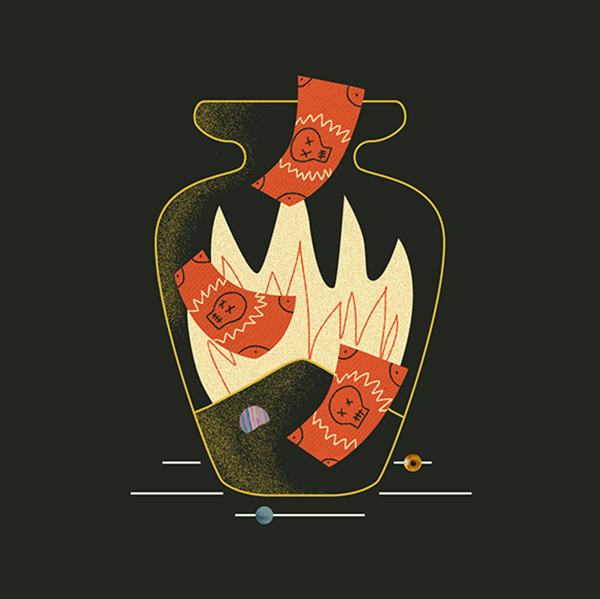
Financial
The average cost for a funeral in the United States is $8,500, a sum which most families will struggle to afford, leaving them in “funeral poverty”. With no help from their state or national government, families turn to mortgaging their home, taking on a payday loan, collecting from their church or community, and starting online fundraising campaigns—which are akin to private donors picking and choosing their favorite deaths in a popularity contest. Americans should have the right to accessible and affordable death care.
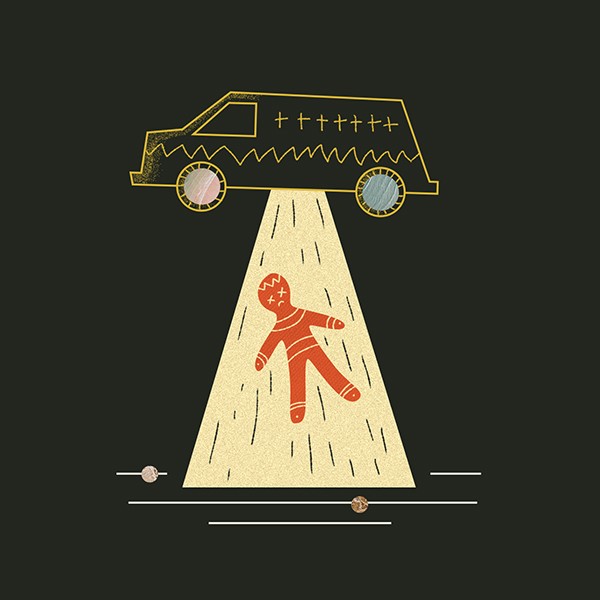
Ritual
Funerals once took place in the family home, facilitated by the surrounding community. The early 20th century saw the rise of the death industry, replacing family funerals with companies and professional technicians. Turning death into a financial transaction leads to ‘care’ that is profit-centered rather than human-centered, with the corpse itself becoming a commodity. The funeral industrial complex leaves little room for direct meaningful involvement and has robbed the family of valuable hands-on engagement and ritual.
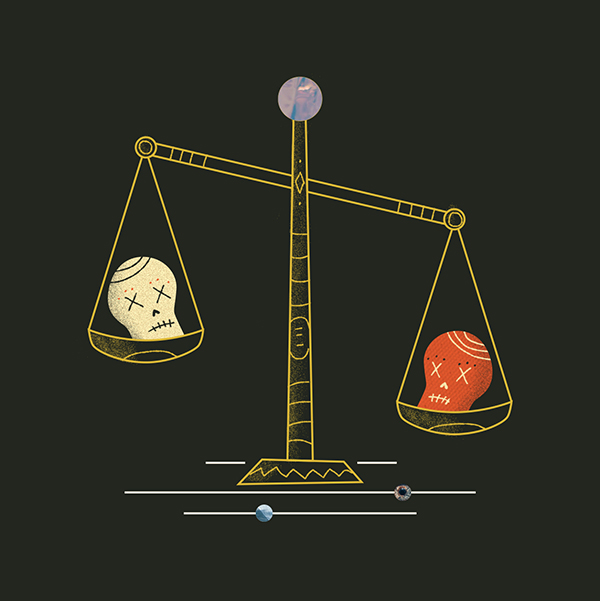
Access
“Everyone is equal in death”—a powerful idea, but rarely true in practice. In order to offer everyone a good death (which remains the goal) we need to acknowledge that some deaths are bad. Gender, race, sexuality, disability, religion, and socioeconomic status affect how we die—from the availability of quality and culturally competent end of life care, to consumer education around funerals, to how we inter and memorialize our dead.
What Is the Order Doing About This?
Everyone deserves a healthy relationship with mortality grounded in accurate facts, science, and history. The Order has fostered a national dialogue calling attention to the funeral industrial complex and the ways it impacts the public’s rights to care for their dead. To counter this, we’ve created a wide variety of resources enabling people to make accurate and informed decisions about funerals. We also provide financial support to nonprofits and individuals working to make a good death more attainable, and we work with legislators and other advocates to protect and expand access to sustainable, affordable, and meaningful death care.
What Can I Do?
There is plenty of work to be done, from taking on the corporate funeral industry, to creating a less death-phobic society, to protecting and expanding our death rights, there is room (and a need!) for all kinds of skills and personalities in the movement.
If you’d like to be part of a supportive community, receive access to exclusive events and news, and contribute to our work, consider joining our Order of the Good Death membership program.


